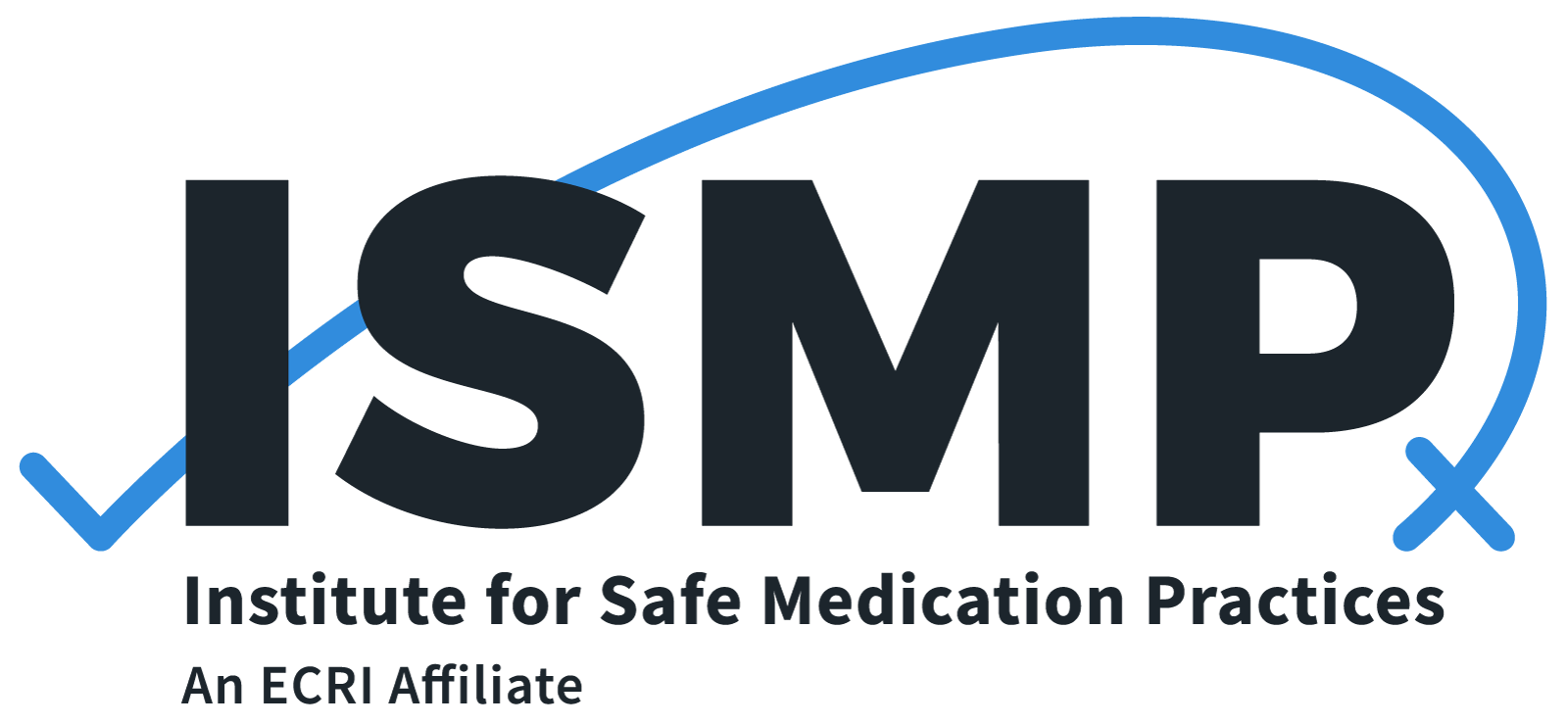At the start of each year, ISMP has often encouraged organizations to select and follow a New Year’s resolution related to medication safety. This year we, too, have made a New Year’s resolution: To highlight for our readers key information about selected high-alert medications and how to reduce patient harm when prescribing, dispensing, and administering these drugs. To best accomplish this, we will be publishing regularly appearing “high-alert medication” features and safety briefs to bring heightened national attention to the problems and suggested safety improvements with these medications...
ISMP Medication Safety Alert!®
Featured Articles
The articles listed below were featured in the ISMP Medication Safety Alert! newsletters. New articles are frequently published highlighting important medication safety information. Related articles can be found in the full newsletter publications. You can subscribe to the full newsletters here.
Browse Issues
In our August 24, 2006 newsletter, we shared the tragic story of a 16-year-old woman who died during labor due to accidental IV administration of a bag of epidural analgesia instead of penicillin. According to news reports, the nurse who was caring for the patient no longer works at the hospital. The hospital would not comment whether this was a voluntary or forced termination, but many speculate the latter.
In our last newsletter (September 21, 2006), we reported another tragic event: the death of three premature infants from an overdose of heparin after the wrong strength was used to...
More than 1,400 healthcare providers responded to our April/May 2006 survey on medication reconciliation, primarily nurses (75%) and pharmacists (21%) from hospitals (89%) and outpatient settings (6%). Most respondents (91%) were familiar with the Joint Commission National Patient Safety Goal (NPSG) related to medication reconciliation, but only three quarters had attended inservice education about the process. Pharmacists, and managers or administrative professionals, were most familiar with the NPSG and had attended inservices more frequently than nurses and staff-level practitioners...
